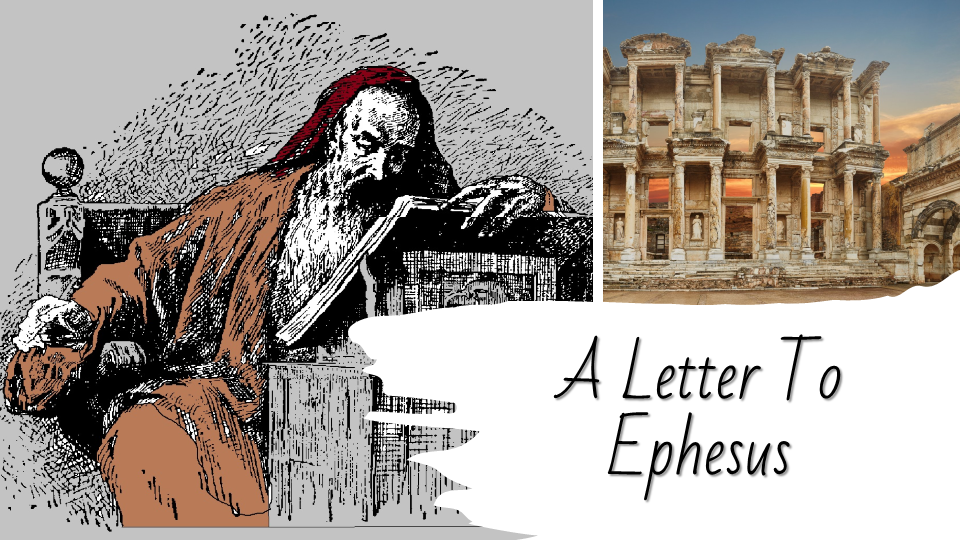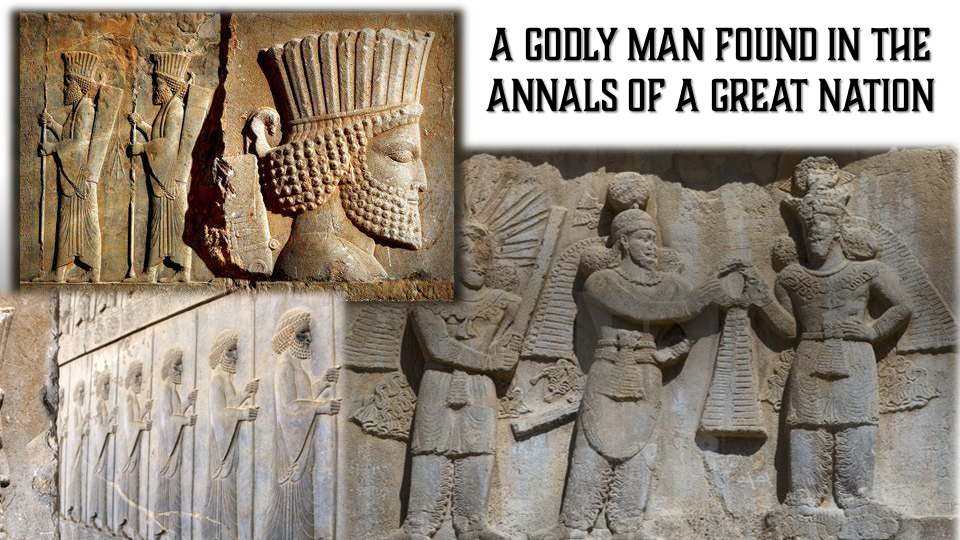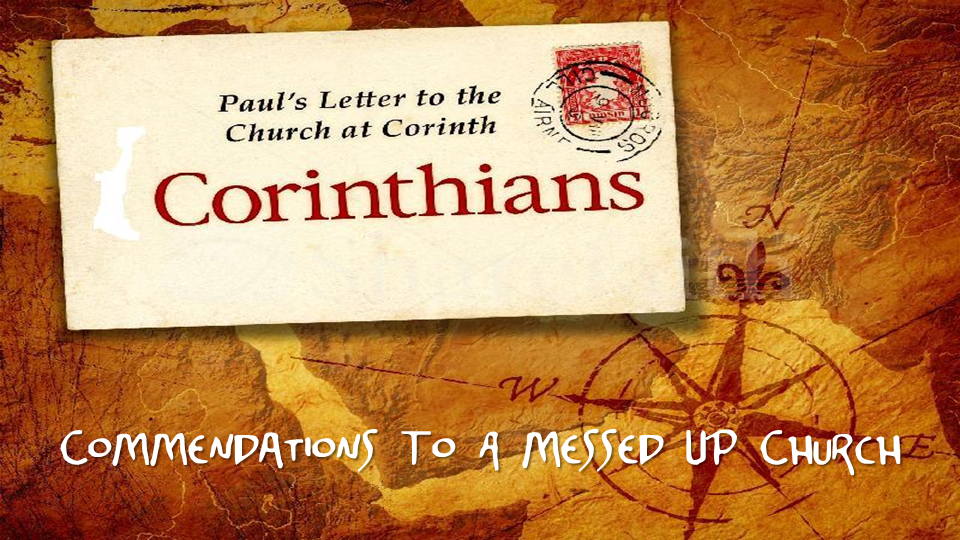
The fool has said in his heart, “There is no God.” They are corrupt, they have done abominable works, there is none who does good. (Psalm 14:1)
I’m Certain Life Ends At Death
The preponderance of a fool’s wisdom heightens how ignorant his position will be. Many things are certain in life, but many are filled with uncertainty. There is a body of facts that can be quickly established without doubt compared to known factors. Each day begins with the rising of the sun, and the day ends when the sun disappears over the western horizon. This is a certainty that is repeated every day with fail. Jumping out of an airplane without a parachute will end in death because the law of gravity does not change. A person can be certain of that. When a man suggests he knows something with certainty, he admits he has ample proof to verify his claim.
In a recent post about religion, an individual made the bold statement, “I am not religious. I’m actually certain life ends at death.” The first part of his remark is a fact, and the second part of his conclusion is foolish. It takes little evidence for a man to show that he is not religious. Unbelievers exhibit the characteristics of a hedonistic view of life, namely that man is no more than an animal, guided by animal instincts, to do things like an animal. He does not believe in God because that would require accountability to the word of God. All unbelievers must admit the universe is a vast tapestry of incredible design that demands a designer. The biggest fools are those who say the orderly universe of immense design was created from nothing.
The remarkable statement that a man can be “actually certain life ends at death” shows how ignorant fools argue their positions for the impossible. A ten-pound sack of potatoes is determined by weighing the sack with an accurate scale to reach a precise conclusion. For a man to say he is certain life ends at death is to testify he has died, entered whatever world there is beyond death, and returned to say there is no life after death. This is an impossibility if life ends at death. That means no one can traverse the expanse of the realm of the dead to determine if life is there or not. If life does not exist after death – who can tell the story? Where do empirical facts come that give a man the certainty life ends at death?
A fool does not believe in life after death because he lives like an animal. An animal lives and dies, which is all there is to the animal’s existence. Only man has an eternal nature because God created man in His image and likeness. Animals were not made in the image of God (non-eternal), and when they die, there is nothing. Believers in God know they are eternal creatures that will never cease to exist. Death is real, and while life ends in death from a mortal view, every person who dies continues to exist in an eternal nature. The truth is that belief in life after death comes from faith in the word of God, which becomes the factual belief that life is more than the here and now.
Contrary to popular culture, it is impossible for someone to die and return to tell the story. Resurrection ended two thousand years ago. When a man dies, he cannot return to the realm of the living to tell the story. An unbeliever will look at life as the final event, and when a man dies, he will cease to exist. The sad part of the story is how surprised they will be when they awaken in eternity and realize – there is life after death. A greater tragedy is to rise in eternity to realize there is a God who told him there was life after death, and now he will experience death after life – for an eternity. The fool has said in his heart, “There is no God!” That’s a fact because when a man thinks life ends in death, he is a fool. The believer knows and believes through faith in the promises of God that there is incredible life after death. Praise God. Lord Jesus, come quickly.









